|
We are so honored to have had Crochet World Magazine review our Cestari Traditional Collection yarn! This is our sheepiest, most natural, 100% American raised wool yarn (mostly from our own sheep) - it's never mulesed, never superwashed and always affordable. 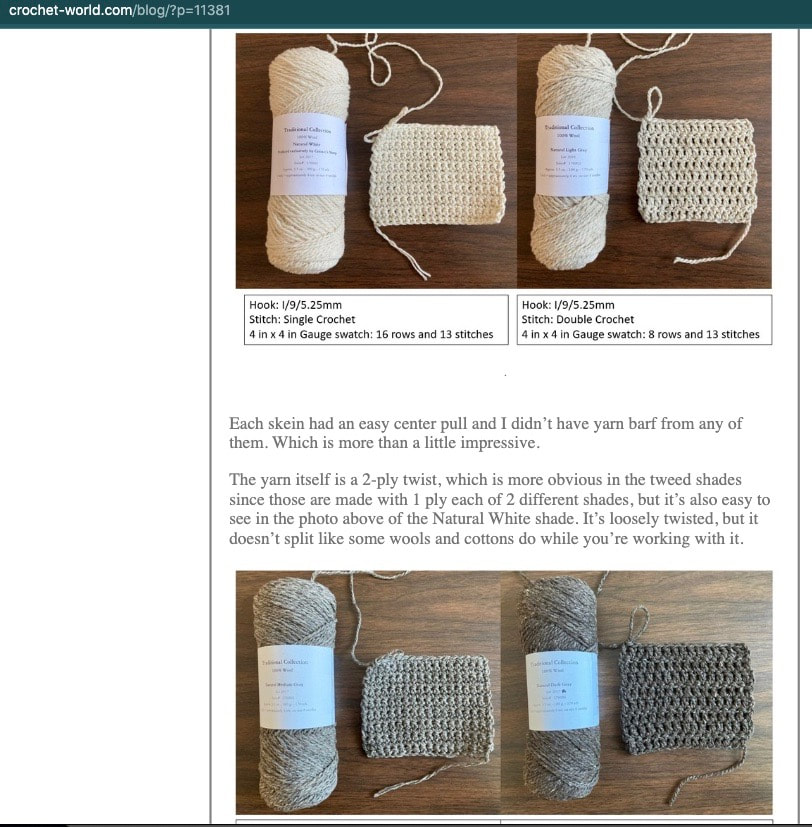 Click here to: Read the review! Looking for something fun to do while vacationing in Virginia? Maybe you’re trying to find a fun day trip for your family in Virginia. We think our Cestari Farm Tours fit the bill! What is a Cestari Farm Tour? When you book a Cestari Farm Tour, you are supporting your local Virginia farmer and shepherd, family and community! This 90-minute tour includes history and information about the textile industry and the wool industry, exploring our Textile Museum as well as a Conestoga wagon ride up to our farm where you can see the sheep barns, learn about how we care for and handle the sheep, and take pictures!
You can come to our farm to visit with animals, which is a great way to spend time with your family and friends. Our farm tours are perfect for families, children, couples, tourists, locals, and educational groups. In this farm tour experience you will tour a working farm with your pleasant farm tour guide, Francis the Shepherd himself. Plan your farm tour visit by booking a tour online or calling us at (540) 997-1212. We can’t wait to welcome you! Cotton is a wonderful fiber for yarn and fiber artists! Cotton yarn is great for crochet, for knitting, for baby blankets, for dishcloths, for amigurumi, for weaving, for crochet bags, and more. Cotton yarn is also known for knit and crochet sweaters and tees, especially for those desiring a lighter fiber for warmer seasons. We strive to create cotton yarn (our Old Dominion Collection) that is eco-friendly in the following ways: We purchase cotton as locally grown as possible. This means we only buy cotton from local farmers in Virginia, North Carolina and South Carolina. These farmers are committed to caring for the land they grow cotton on, by rotating fields responsibly. We keep our cotton minimally processed and only dye using EPA certified-as-safe dyes. Our dyes are eco-friendly and safe for the environment. Cotton yarn is good, especially when the fiber has been grown responsibly and is dyed in an environmentally friendly way. Cotton yarn is better than acrylic because it is a natural fiber, sustainable and non-polluting, whereas acrylic yarns are synthetic, not sustainable, and polluting the earth with their plastics and micro-plastics. When asking if cotton yarn is soft, the answer is that it is a stiffer yarn to work with, but soft to the skin. It is not itchy or scratchy or rough rubbing against the skin, whether as a shirt, sweater, face cloth, or blanket. Which cotton yarn is the softest? Well, we would like to say it is ours! We’ve received feedback from our customers that our cotton yarn is easier to work with, less strain on their hands when knitting or crocheting with it, and creates a pleasing finished product.
If you're wondering about how you'll care for your cotton yarn, have no fear! Cotton yarn is easy to care for! You can handwash or machine wash it and some machine-dry it successfully (on low). Our yarn dye does not rub off on your hands while working with it. This weekend was absolutely fabulous! The Cestari Yarn & Fiber Fair will have to become an annual event! In case you missed it, we celebrated yarn and fiber, with fibers of all kinds (camel, alpaca, llama, wool, and cotton) and yarn sales galore! We also had fresh local produce, baked goods, wine tastings, wagon rides and craft vendors. Most of all, we had incredibly talented demonstrators there to show how to spin and weave with spinning wheels and looms. Enjoy the pictures below! There was so much curiosity about fiber arts that we would love to pursue this more. If you want to learn more about spinning and weaving, please contact us. Let's make this happen!
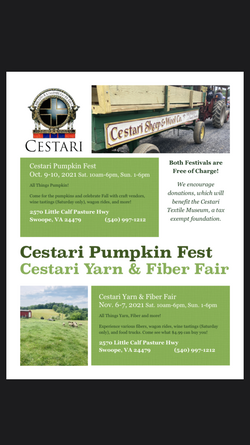 Are you planning on coming? Would you like to be a craft vendor at any of these events? We'd love to have you as a guest or a vendor! Let us know! Sustainability!
Everyone is talking about it, especially the chemical companies and many textile manufacturing companies, who are saying that their "new" methods of recycling plastic are sustainable. Are they? Let's explore their "new" method: As we know, plastic is made from oil, which is chiefly used for producing energy. In the mid-20th century synthetic yarns were developed to compete with and eventually push aside the natural fibers of wool, cotton, and other cellulose (plant) based fibers, which were used by people for thousands of years. Also came plastic for everything under the sun including containers holding our food such as milk. Where does it go? Into the oceans and rivers and landfills, that's where! Science tells us that people ingest a small amount of tiny plastic particles each day. Glass, stainless steel, and wool are also being substituted with plastic. Do we really want plastic not only inside our bodies but also against our skin? Let's talk about the recycling of plastic too. It is recycled into another form of plastic and then recycled into plastic again. It never seems to end, because it doesn't. Plastic is forever! Let's talk about wool now. It is based on protein; yes, protein, that element that our bodies need to survive. As for other natural fibers such as cotton, wool, linen, flax and rayon and other cellulose based plants, all cellulose products break down and return to nature and restore the environment. Since this is so, why are we wearing plastic, which doesn't allow moisture to evaporate and doesn't break down? Wool absorbs moisture (up to 30% of its weight!) without feeling wet. It is a natural insulator. If you are in a very cold climate, do you think that plastic is going to keep you warm? Wool will. Rethink this sustainability stuff. My company has been dealing with sustainability for years before they invented the word sustainability and we will continue to produce nature's own wool and other cellulose fibers. The chemical companies have tried and tried to invent a substitute for wool, but they never will because God created sheep and their wool, God has the patent on them and God isn't going to change it. It turns out July is National lots of things month including:
National Blueberry Month National Independent Retailers Month National Anti-Boredom Month National UV Safety Month We've covered several of these in our social media posts this month including the images above (and more!), focusing on our Old Dominion Collection, 100% locally grown cotton, hand kettle-dyed by us with eco-friendly dyes! Check out our Facebook and Instagram feeds to catch up! |
About FrancisFarming is a lifelong passion for Francis Chester. Born in Brooklyn, he moved to Long Island, NY as soon as he could and learned about vegetable gardening, how to milk goats, and how to care for chickens. Archives
December 2023
Categories |
|
Click to set custom HTML
|
Help us improve and increase the wool sheep numbers in the U.S.A.! Click here to see how.
Thank you for your continued support, Francis Chester-Cestari CEO, Cestari Sheep & Wool Company Visit our lamb website here: CestariFreshFrozenLamb.com |
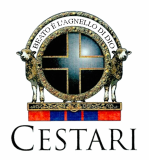


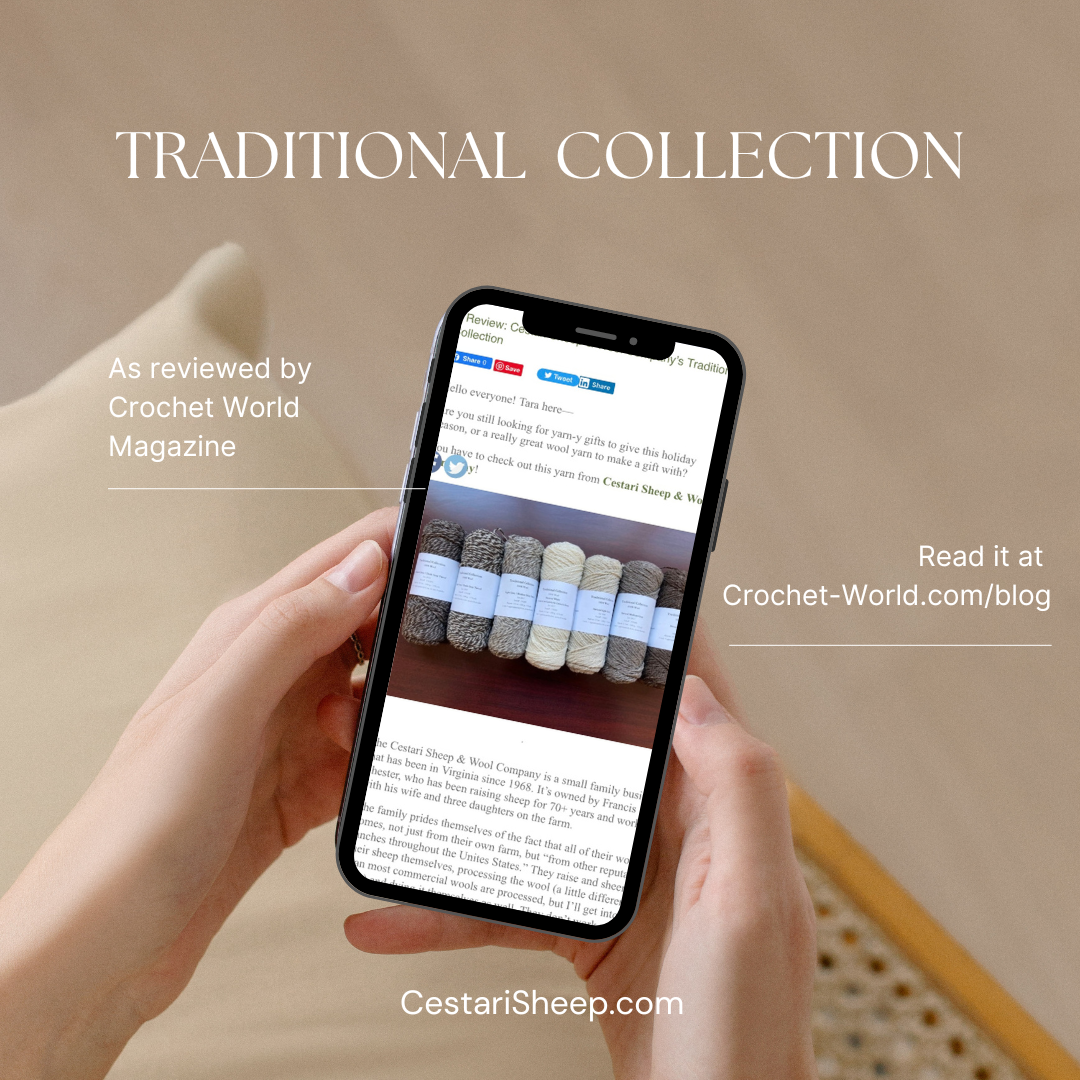
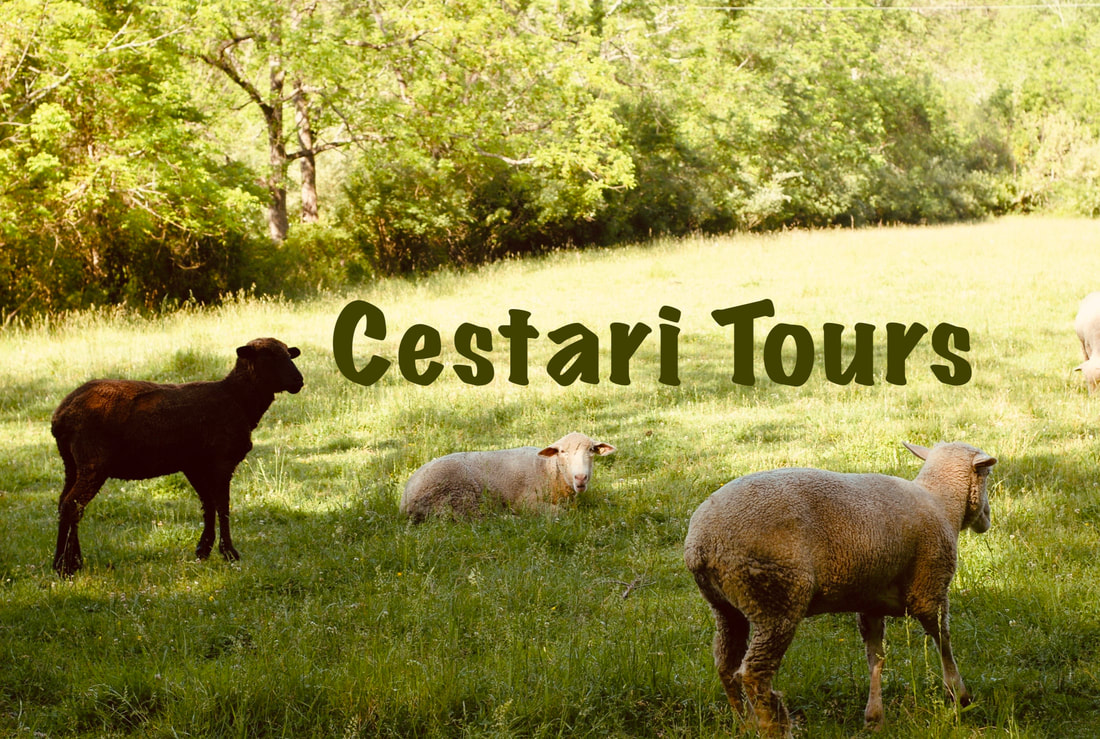
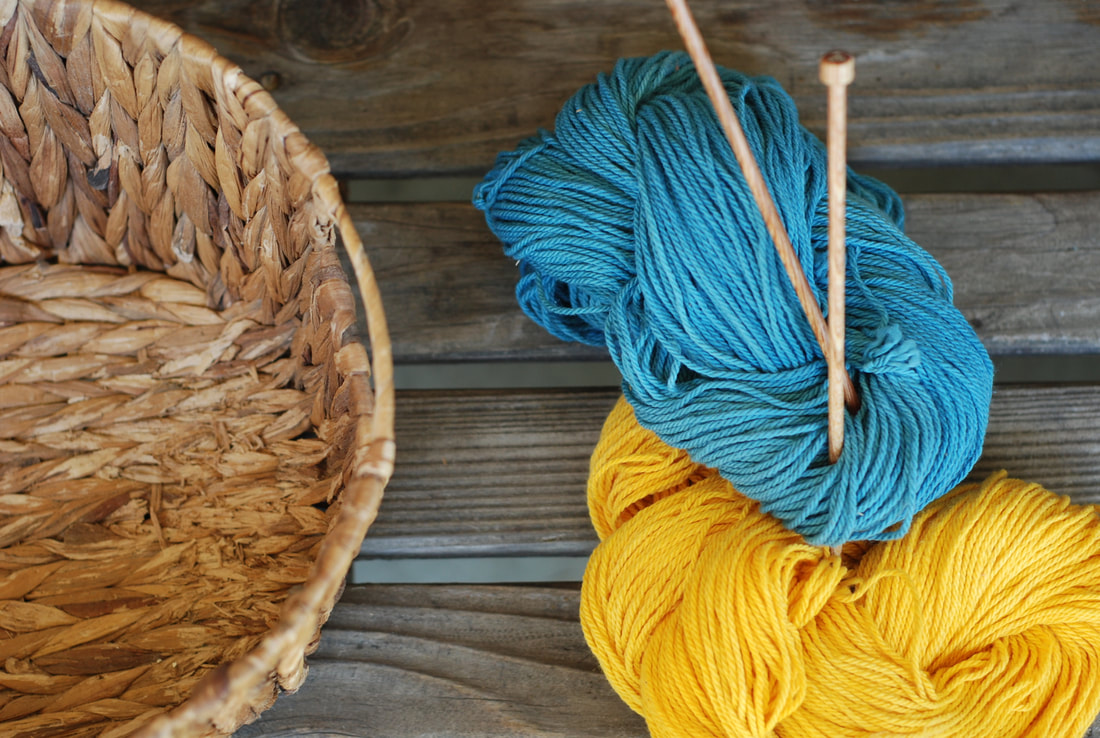
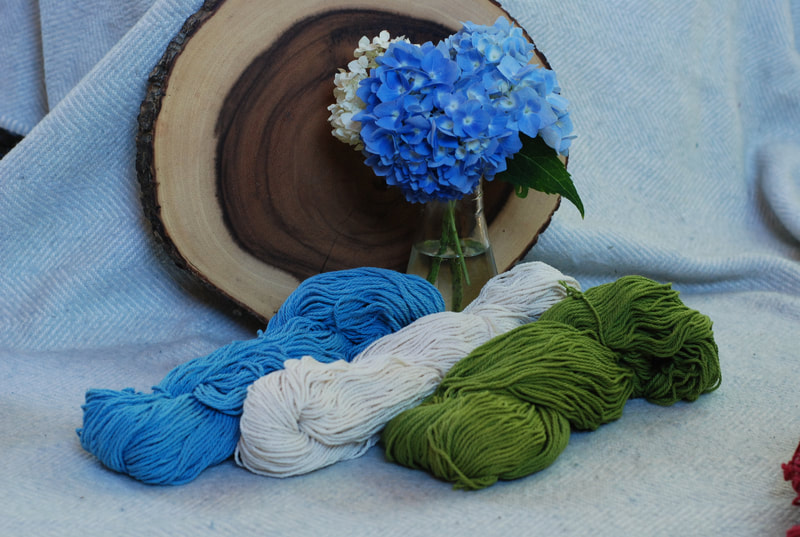
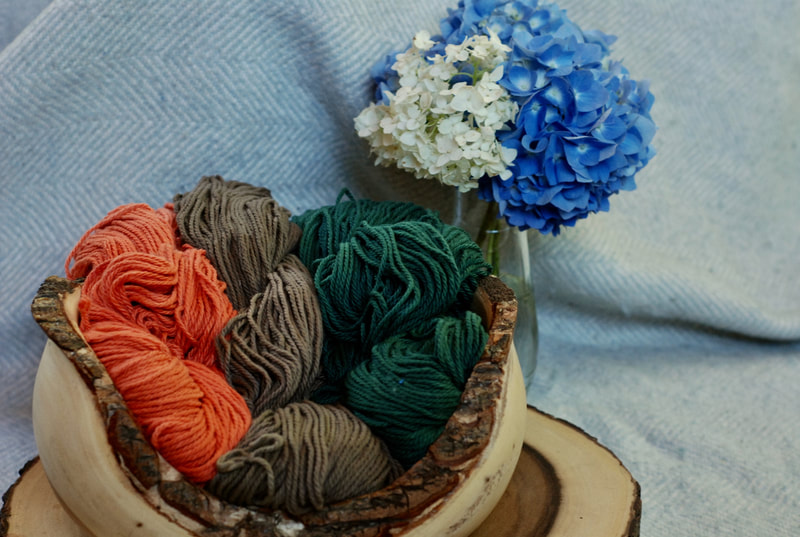
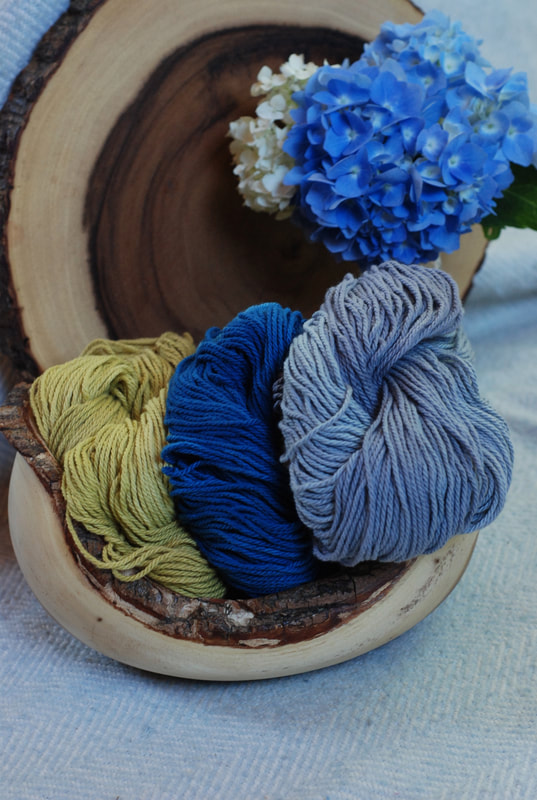
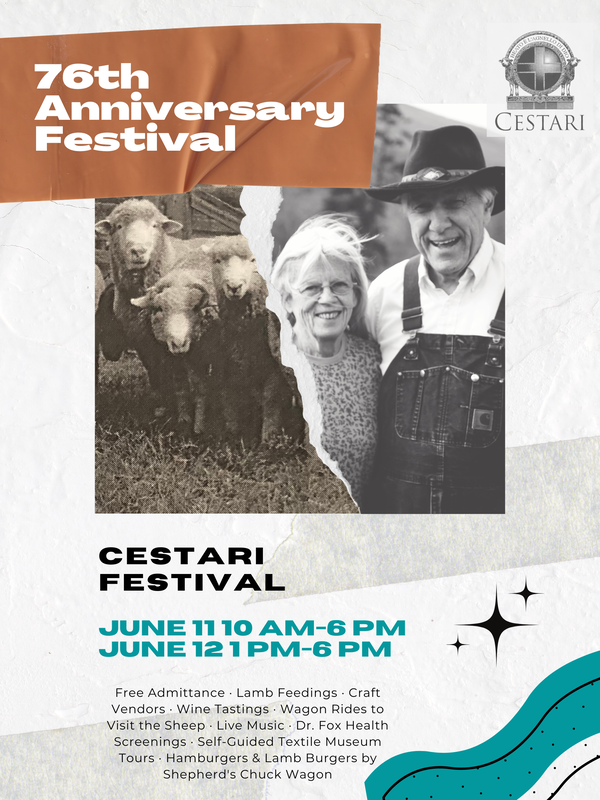
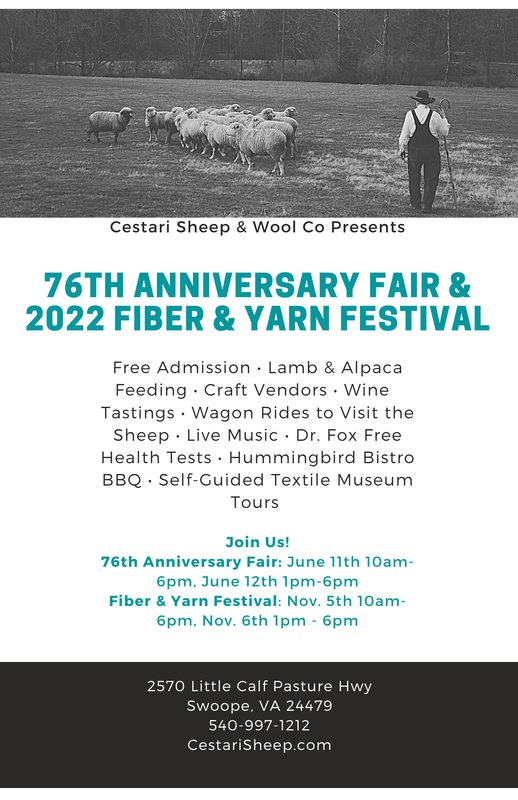
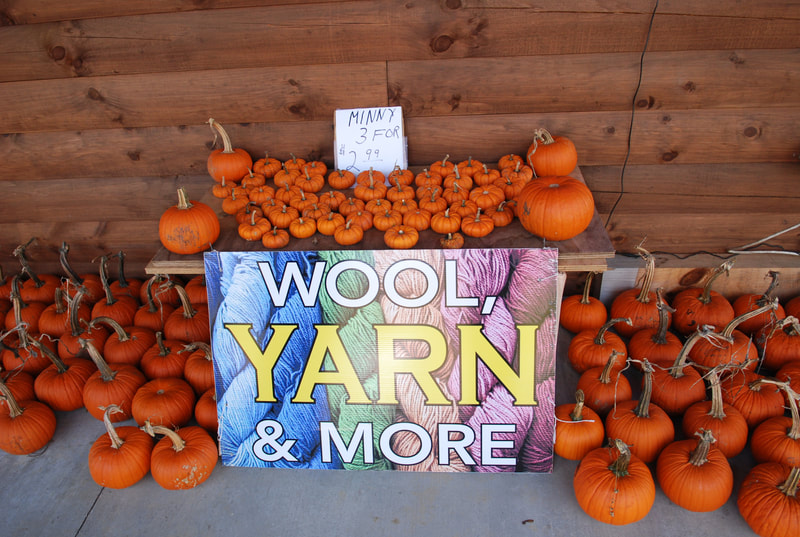
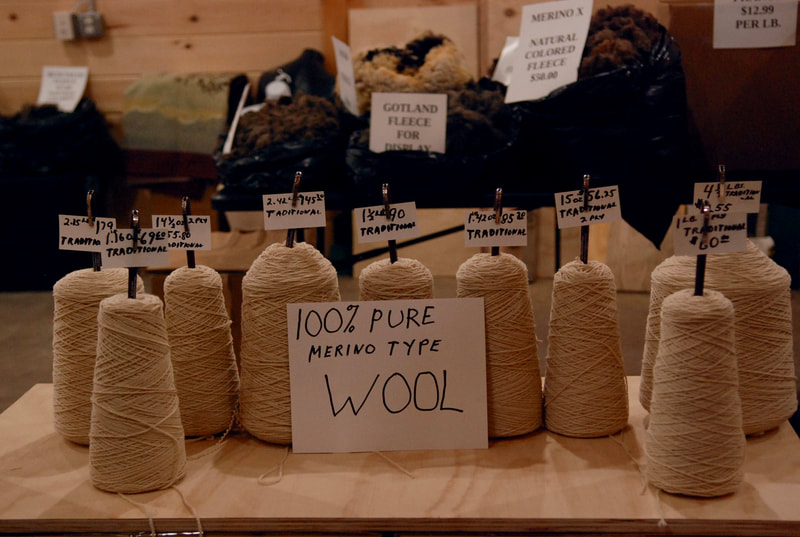
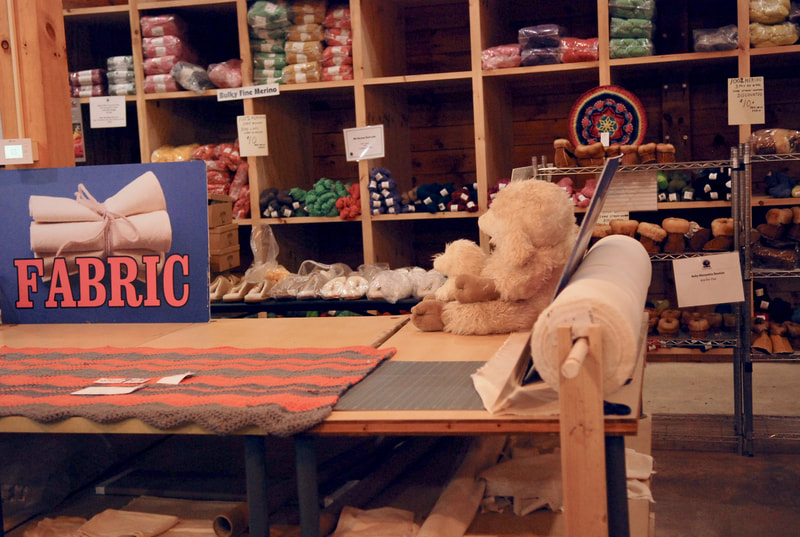
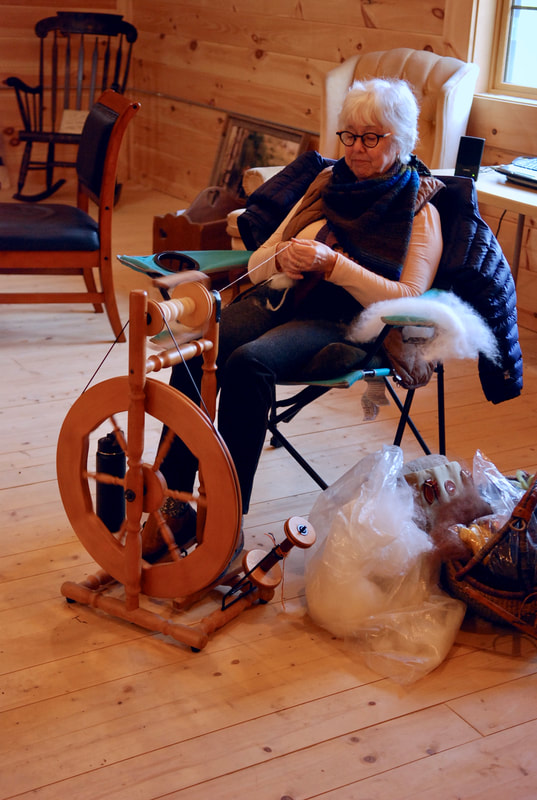
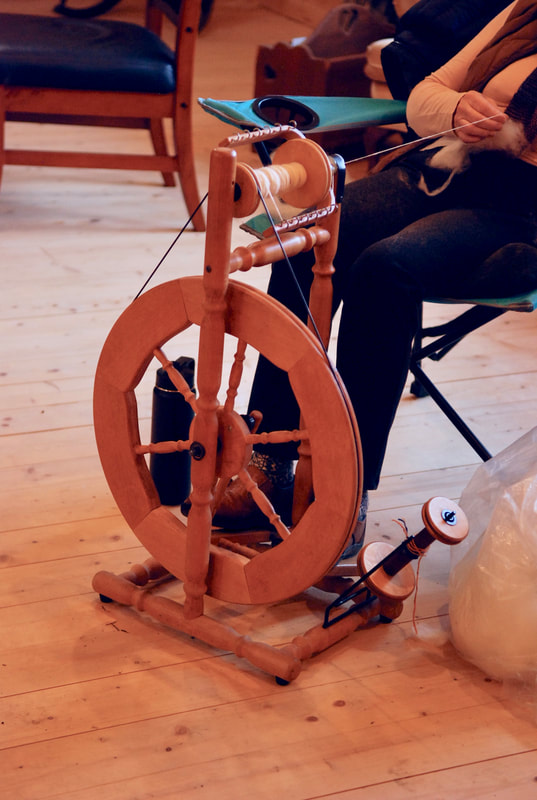
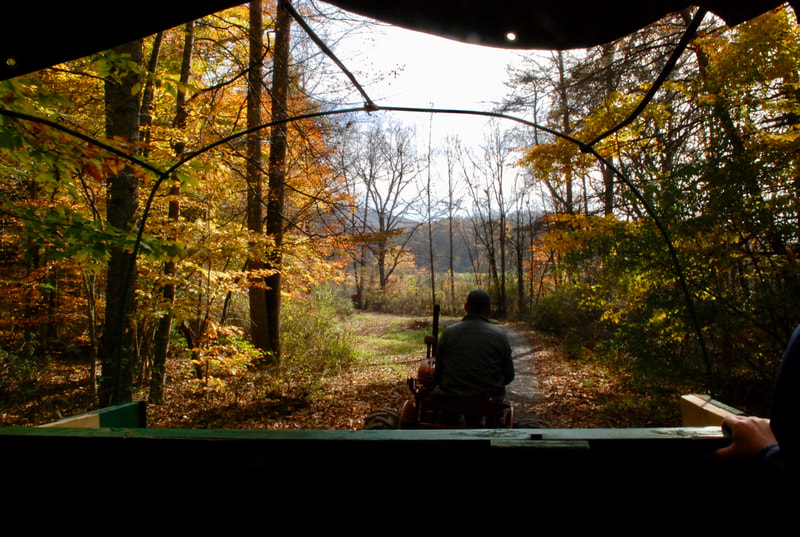
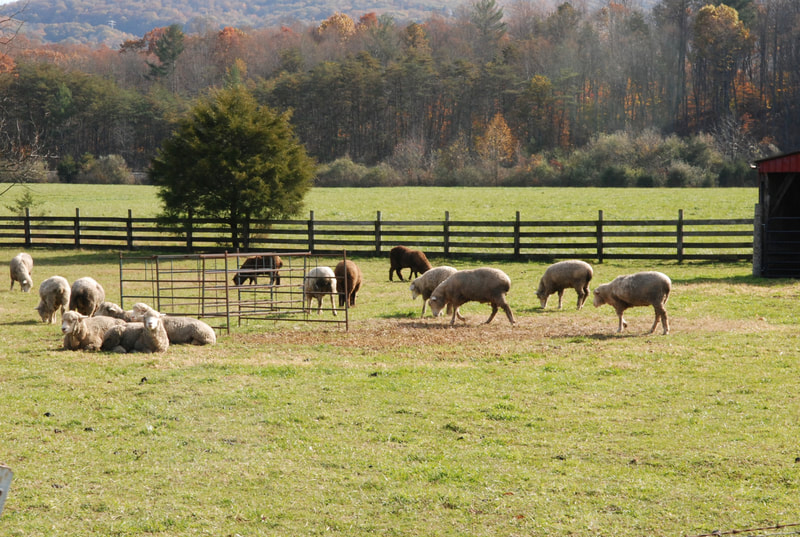
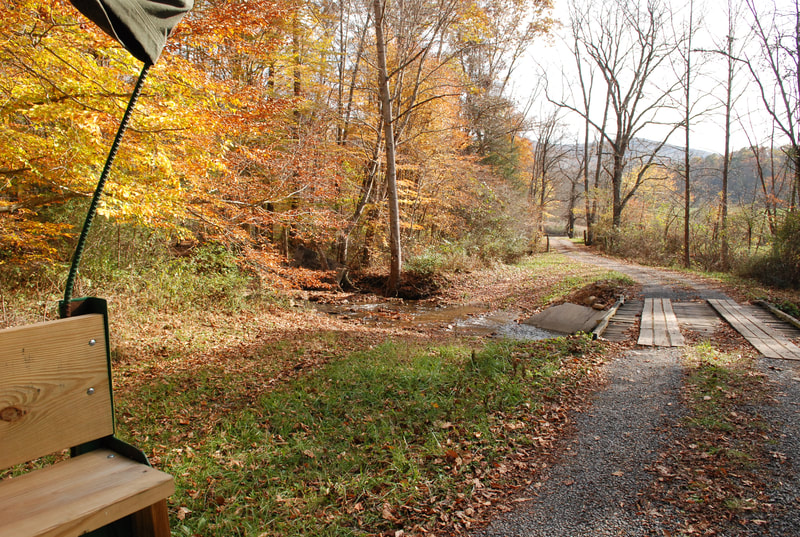
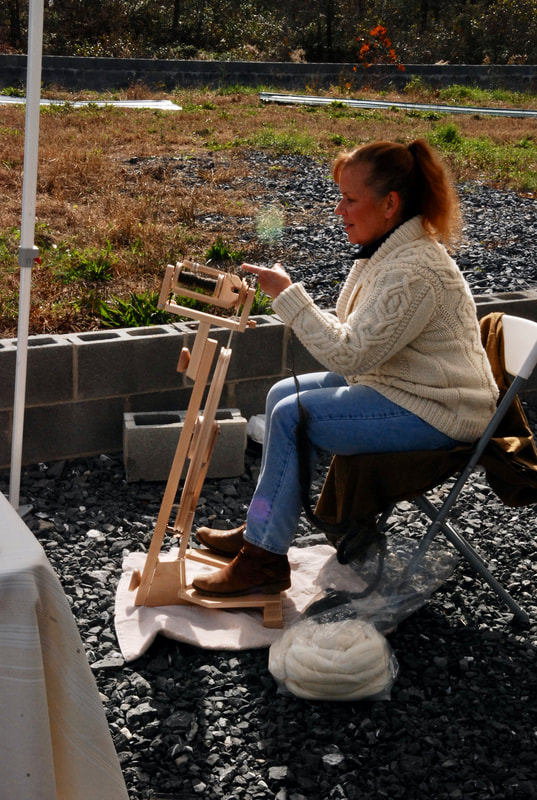
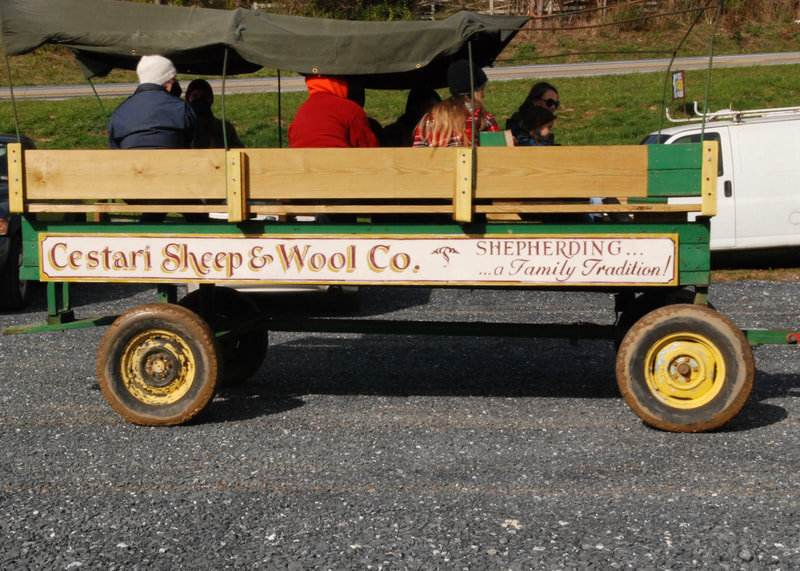
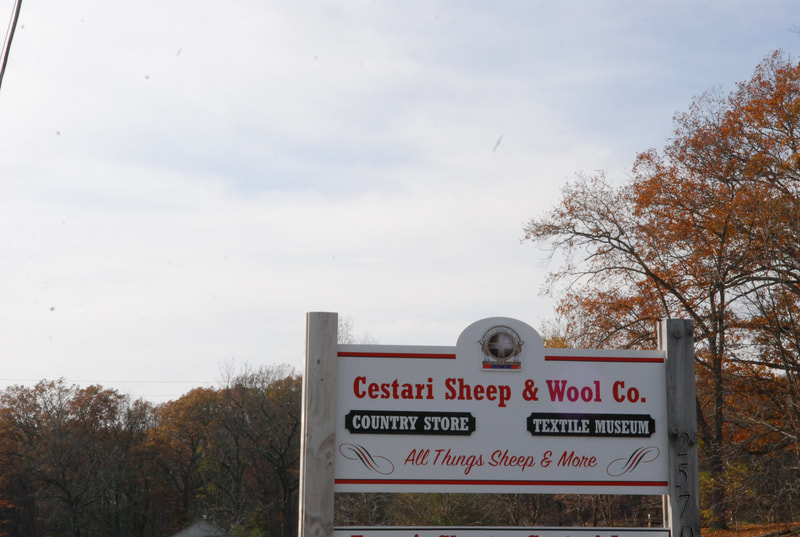
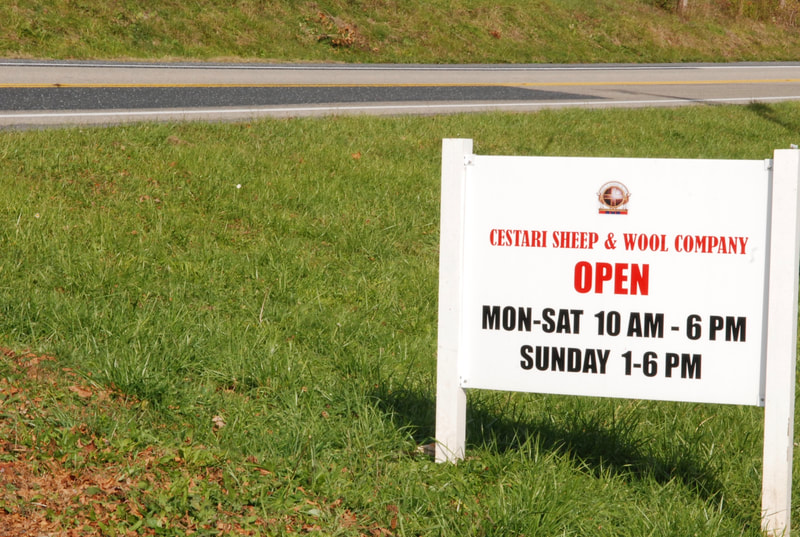
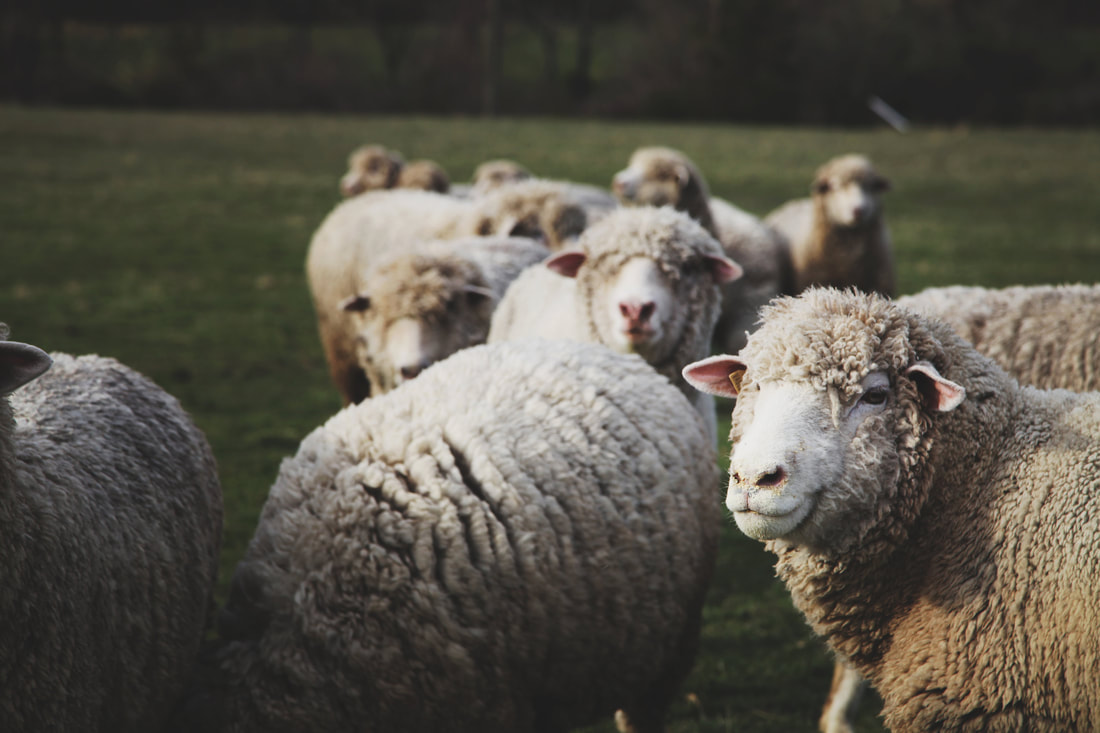
 RSS Feed
RSS Feed
